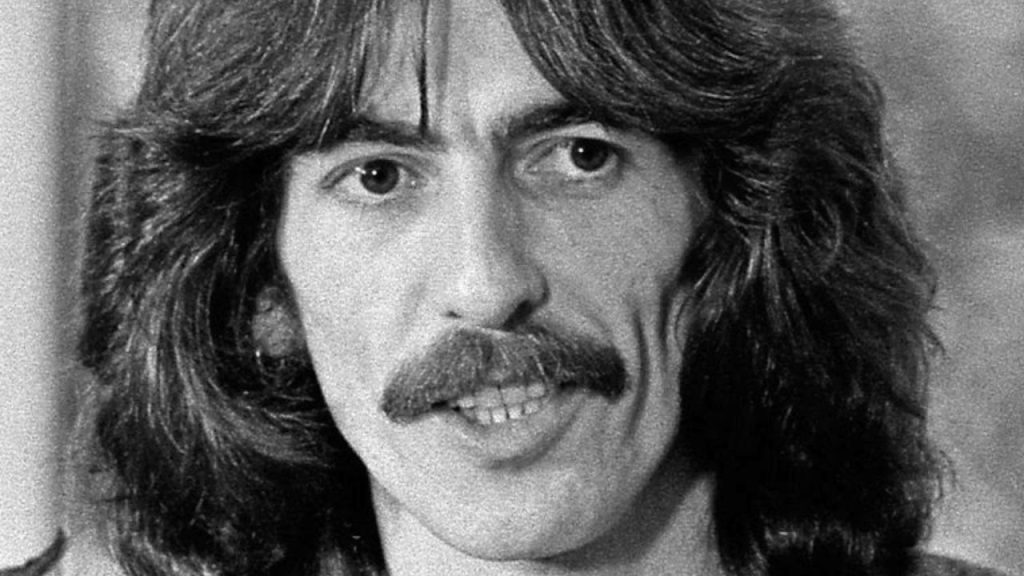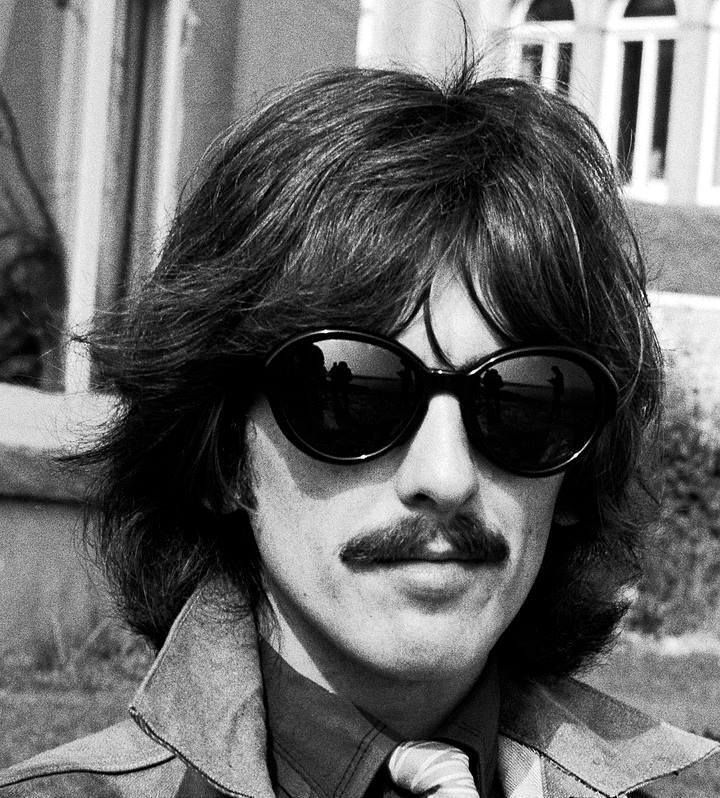
A Spiritual Journey Wrapped in the Warmth of Melody
In the autumn of 1970, amidst a world teetering between hope and despair, George Harrison released a song that transcended mere musical boundaries and touched the very soul of humanity. “My Sweet Lord”, a heartfelt ode to spirituality, quickly became more than just a chart-topping single; it was a beacon of introspection and unity. Upon its release, the song soared to the top of the charts, reaching the number one spot on both the US Billboard Hot 100 and the UK Singles Chart, making it the first solo single by a member of The Beatles to achieve such a feat.
George Harrison, often known as the “quiet Beatle,” emerged from the shadow of John Lennon and Paul McCartney with a profound message wrapped in simplicity. The track was part of his acclaimed triple album, “All Things Must Pass,” which itself was a testament to Harrison’s growth as an artist and individual. The album was released during a time when the world was rife with social change, political upheaval, and a yearning for peace—sentiments that deeply resonated with Harrison’s own personal journey.
The story behind “My Sweet Lord” is as compelling as its melody. During his time with The Beatles, Harrison had developed an intense interest in Eastern philosophy and spirituality. This interest was not just a fleeting curiosity but a transformative journey that deeply influenced his life and music. The song reflects Harrison’s embrace of Hinduism and his desire to share this newfound peace with others. Its lyrics are imbued with longing—a yearning for a deeper connection with the divine. By blending Western gospel influences with Eastern mantra chants like “Hare Krishna,” Harrison created a piece that celebrated spiritual universality.
Harrison’s intent with “My Sweet Lord” was to convey a universal message of love and devotion. He once remarked that he wanted listeners to feel an inner joy when they heard it—a sentiment that is palpable from the very first chord. The song’s repetitive structure mirrors the meditative process, drawing listeners into a state of contemplation and serenity. It speaks not only to those who share Harrison’s spiritual beliefs but also to anyone who has ever sought solace in something greater than themselves.
Despite its success, “My Sweet Lord” was not without controversy. In 1976, Harrison faced legal challenges when he was accused of subconsciously plagiarizing The Chiffons’ hit “He’s So Fine.” The court case was a bitter pill for Harrison, who insisted that any similarities were unintentional. Nevertheless, this episode did little to tarnish the song’s legacy or its impact on listeners worldwide.
For those who lived through the era of its release, “My Sweet Lord” is more than just music; it is a tapestry woven with threads of nostalgia and reflection. The song captures a moment in time when music served as both escape and enlightenment—a reminder of an era when melodies carried messages that were as profound as they were beautiful.
Today, as we listen to George Harrison’s timeless classic, we are reminded of his gentle voice calling out not just to his “sweet Lord,” but to all of us seeking peace in our own lives. The resonance of this song lies not just in its melody but in its ability to evoke memories—of youth, discovery, and a shared human experience.
In conclusion, “My Sweet Lord” remains a powerful testament to George Harrison’s legacy as an artist who dared to infuse his work with personal conviction and universal truths. It is an invitation to pause and reflect on our own journeys—a reminder that amidst life’s cacophony, there exists a simple yet profound call for unity and love.
